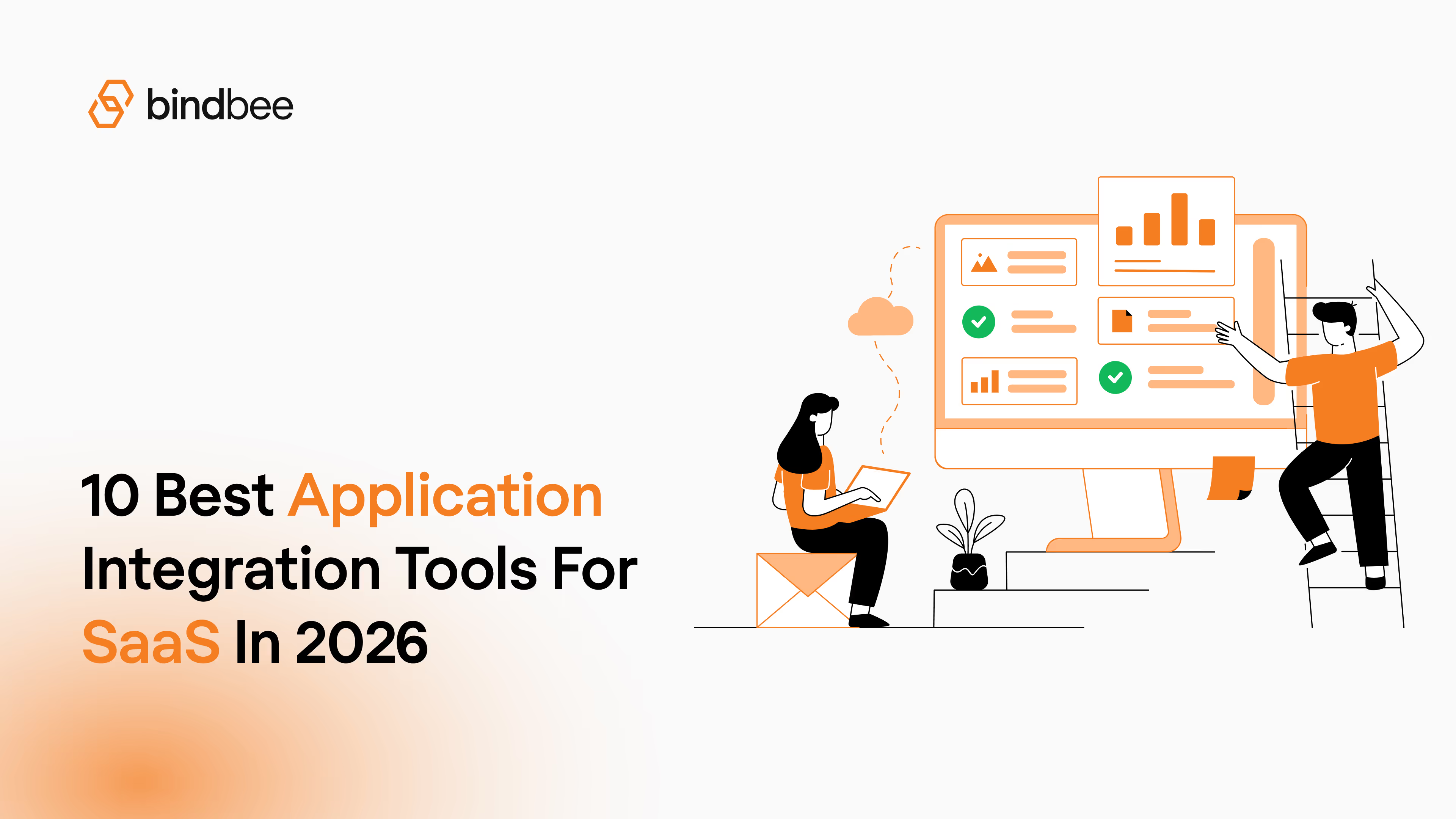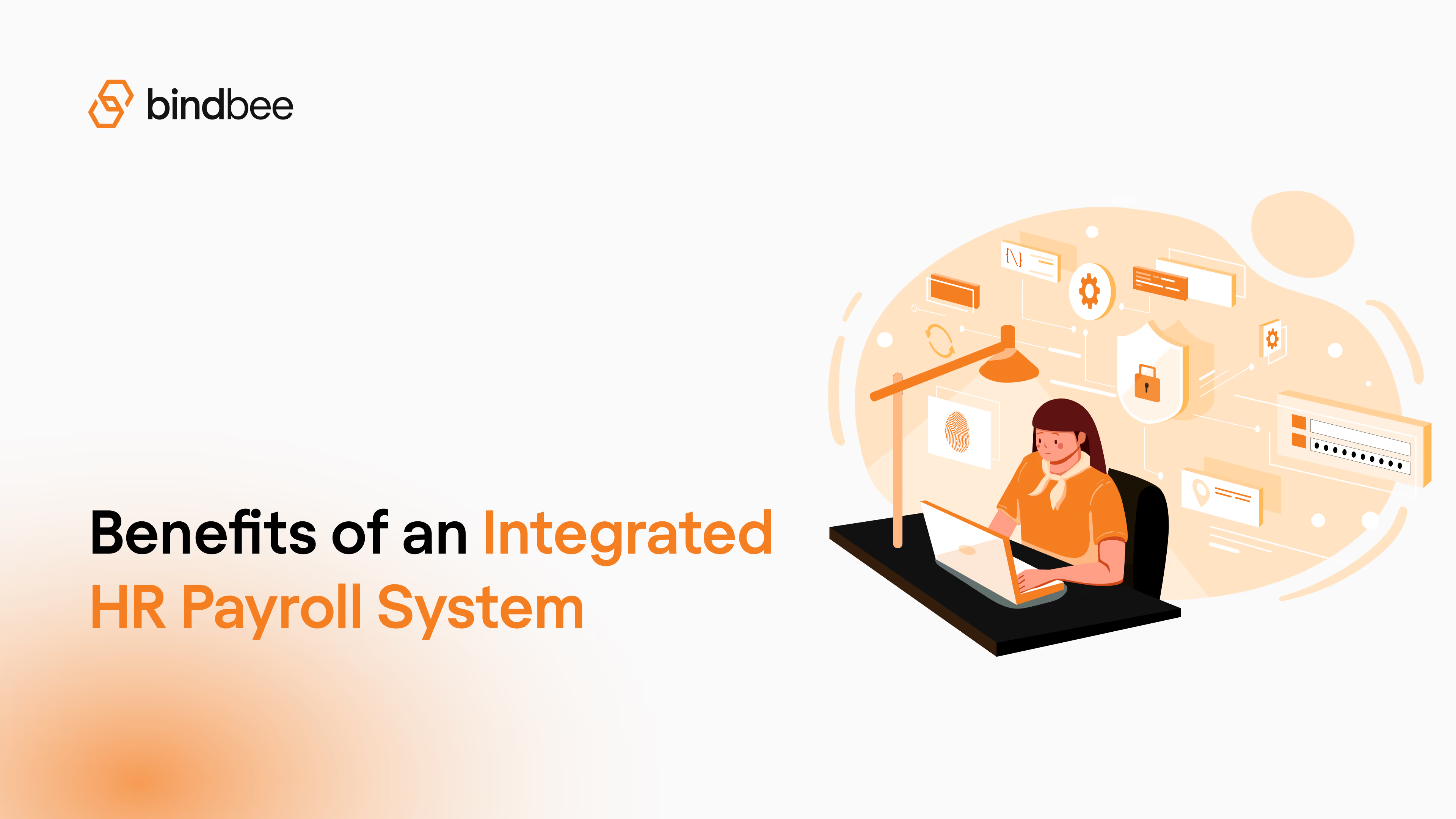
API vs Integration: The Differences and Intersections

In the fast-paced world of software development, terms like "integration" and "API" are often tossed around interchangeably. But are they really the same thing? Let's embark on a journey to demystify these concepts, explore their unique characteristics, and understand how they intersect in the modern tech landscape.
Decoding APIs: The Universal Language of Software
An Application Programming Interface, or API, serves as a universal translator between different software applications. Think of it as a well-defined set of rules and protocols that allow developers to easily tap into the functionality of other applications.

The Anatomy of an API Call
When we talk about an API call, we're referring to the entire process of communication between applications. This process involves two key players:
1. The Client: The application making the request
2. The Server: The application receiving and processing the requests
A typical API call consists of:
- A URL pointing to the specific endpoint of interest
- An HTTP method (like GET or POST) indicating the desired operation
- A header containing authorization details (such as API keys)
- A body section for data (in case of POST or PUT requests)
Once the server processes the request, it sends back a response. This response includes:
- An HTTP status code (e.g., 200 "OK")
- A timestamp
- The format of the response
- The requested data (assuming the request was successful)
APIs in Action: Real-World Examples
Let's look at how APIs work in practice with a couple of examples:
BambooHR: Employee Data at Your Fingertips
BambooHR, a widely used HRIS solution, offers API access to a wide range of employee data, from job titles to start dates. Their API documentation provides:
- Detailed information on available resources and endpoints
- Sample requests and responses in multiple coding languages
- A changelog of API updates and planned changes
This level of transparency allows developers to build robust integrations and stay ahead of any API changes.

Integration: The Big Picture
While APIs are a crucial part of the integration landscape, they're not the whole story. Integration refers to any method of connecting applications, which can include:
- APIs
- Webhooks
- Screen scraping
- And more

Integrations can be broadly categorized into two types:
1. Internal integrations: Connecting the apps your company uses internally
2. Customer-facing integrations: Building connections between your product and the third-party applications your clients use
Integration in Action: Use Cases
Let's explore a couple of scenarios where integrations can streamline workflows:
Automating User Provisioning
For SaaS products, integrating with clients' HRIS solutions can automate the user management process. As employees are added, modified, or removed in the client's HRIS, corresponding changes can be automatically reflected in your product. This not only streamlines onboarding but also enhances security by quickly deprovisioning former employees

API vs Integration: Drawing the Line
While closely related, APIs and integrations are not identical. Here's the key distinction:
An API is a subset of integration. While all APIs can be used for integration, not all integrations use APIs. Integrations can also leverage databases, files, screen scraping, webhooks, message queues, and other methods to connect applications.

Wrapping Up: The Power of Connection
In today's interconnected digital landscape, understanding the nuances between APIs and integrations is crucial for building efficient, scalable software solutions. Whether you're a developer looking to leverage third-party functionalities or a product manager aiming to enhance your offering's connectivity, grasping these concepts is key to success.
Remember, the world of APIs and integrations is vast and ever-evolving. As you navigate this landscape, you might find yourself needing expert guidance. That's where Bindbee comes in. Our team of integration experts is ready to help you harness the full potential of APIs and integrations, ensuring your product stays connected, efficient, and ahead of the curve.
You can get in touch with Integration Experts at Bindbee for all your integration needs. Whether you're looking to build robust API connections or create seamless integrations across multiple platforms, Bindbee has the expertise to guide you through the process, helping you create a more connected and efficient digital ecosystem for your business.










